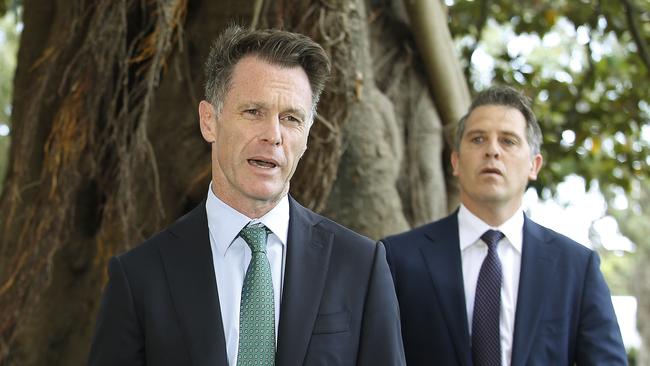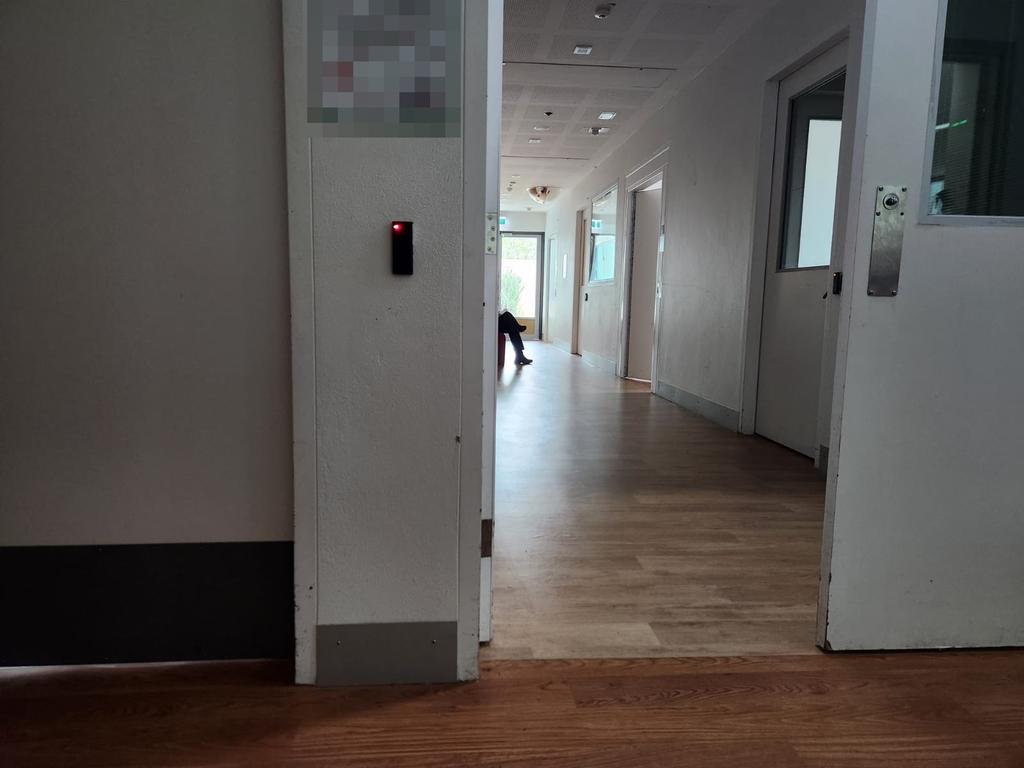Mutiny of psychiatrists from the public system in NSW now a deluge as registrars join fray
Trainee psychiatrists say they fear for patient safety and have been coping with untenable workloads as registrars in the specialty add their support to an uprising.

Trainee psychiatrists say they fear for patient safety and have been coping with untenable workloads as registrars in the specialty add their support to an extraordinary doctors’ uprising in NSW.
More than 120 staff specialist psychiatrists working in NSW public hospitals – out of a total of 260 employed – have now handed in their resignations, with more to come, as they fight for safer conditions for patients and better resourcing in depleted public mental health inpatient wards across the state.
The dispute, which has little precedent, is becoming a full-blown crisis for the NSW government which seems to be digging in and operating as if it might be able to get by with a significantly diminished workforce of psychiatrists, despite a dramatically overloaded system.
As resignations of staff specialists continue to pour in, a letter from trainee psychiatrists from 17 local health districts sent to NSW Premier Chris Minns, Mental Health Minister Rose Jackson and Health Minister Ryan Park urges the government to take immediate action to resolve the crisis.
“We urge the government to do everything in its power to prevent these resignations from occurring,” the letter from the NSW Association of Psychiatry Trainees says. “If you do not, we fear for the safety of both our patients and the junior doctors who will be relied upon to look after them.”
A dispute over pay and resourcing has been on foot between public sector psychiatrists and the NSW health ministry for the past 12 months. Out of 495 staff specialist psychiatrist positions in NSW, only about 260 of them are filled, with the gaps being plugged by locums, which cost eye-watering amounts of money, in the order of about $3000 a shift, to taxpayers.
The staff specialists are desperately attempting to stem a workforce mutiny to the private system, interstate and to the much better paid sector of telehealth private consulting. Both Victoria and Queensland offer packages about 30 per cent higher than what NSW offers to staff psychiatrists.
A statement from Ms Jackson issued this week said the government “recognised the pressures on psychiatry staff and have been clear in our commitment to collaborate to resolve this”. Options had been put forward including “productivity measures that could enhance remuneration if successful”.

NSW psychiatrists are incensed the government has chosen to characterise the doctors’ demands as an attempt at a cash grab.
Ms Jackson claimed the government had offered the doctors a 10.5 per cent pay rise in May, which was rejected. This offer related to an entirely separate industrial negotiation and was a figure offered to all staff specialists in NSW.
The psychiatrists are trying to push through a special deal to prevent staff mutiny and guarantee patient safety, similar to the one negotiated by ED doctors in NSW about a decade ago.
Registrars, upon whom a much heavier workload will rest if the staff specialist resignations take effect, have now joined the fray, saying that conditions for both patients and trainee doctors have been sharply deteriorating in NSW mental health units, and they are increasingly working under a lack of supervision with an immense clinical workload.
“We are deeply concerned that the government’s inaction compromises the safety of our patients and the psychiatry trainee workforce,” the letter says. “NSW psychiatrists are already working under significant strain, often taking on the responsibilities of multiple roles in understaffed teams looking after increasing numbers of complex patient presentations.
“The government’s proposed efficiency pilot program does nothing to address the obvious remuneration disparity with other jurisdictions or existing workforce shortages and demonstrates a fundamental misunderstanding of the systemic pressures within our mental health system.
“Suggesting psychiatrists must ‘earn’ pay increases through productivity gains is an insult to the hardworking doctors who choose to work in the public system to look after the most vulnerable and marginalised patients in our state.”
The staff psychiatrists’ resignations are to take effect in NSW public hospitals on January 21.




To join the conversation, please log in. Don't have an account? Register
Join the conversation, you are commenting as Logout